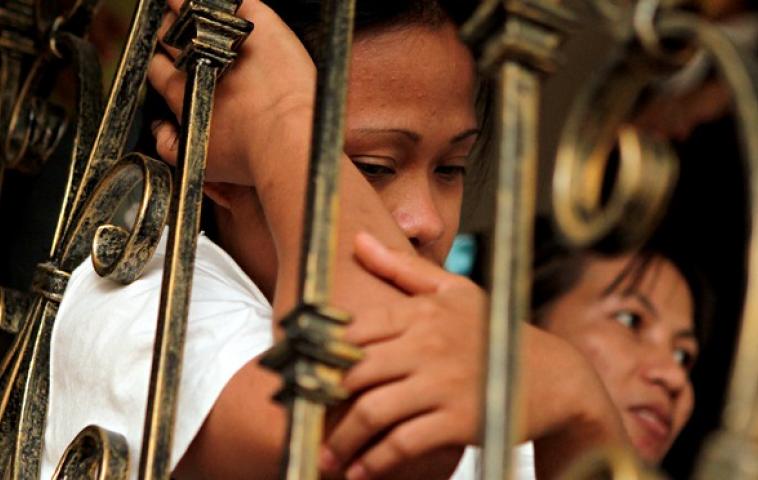In October 2018, an Ethiopian domestic worker in Kuwait was found dead in her room after being reported missing for seven hours. Authorities suspect that she was abused and killed due to her “lack of concern for the cleanliness of the house.” This domestic worker’s death highlights a pattern of abuses against migrant workers in Kuwait, specifically those in domestic work. In recent years, Kuwait has implemented new laws to help migrant workers, but for domestic workers it remains harder to regulate work spaces and employers’ actions.
Migrant workers make up two-thirds of the population of Kuwait. Ninety percent of Kuwaiti households employ domestic workers, resulting in 620,000 migrant domestic workers in the country, forming 21.9 percent of the work force. The majority of these workers are women, and there have been numerous reports of migrant domestic workers being abused or murdered. Since 2010, 2,247 housemaids from Nepal have requested rescue from their employers from Kuwait’s Nepali embassy. Reports of abuse and death have ranged from an Ethiopian woman falling from the seventh floor to escape her employer to a Filipino woman found dead in a freezer. There have been many cases similar to the story of 25-year old Malagasy migrant Vanessa, who was routinely abused for three years and sought refuge with the police. Vanessa was fortunate to be able to hire a lawyer to prosecute her former employer, but many women lack this ability and are denied justice.
Migrant workers, especially in the Gulf, are also often placed in an impossible situation. Because their employer is their visa sponsor through the kafala system they cannot just leave when the abuse starts. If workers do manage to escape the abuse, often officials will charge them with “absconding” and deport them. The kafala system in Kuwait has been up for debate in recent years. Kuwait has contemplated abolishing the practice, but the system still remains, making migrant workers vulnerable to abuse. Countries like Ghana or Zimbabwe are hesitant to send their citizens to Gulf countries due to the kafala system and the reported abuse of workers, and some go so far as to ban their citizens from working there at all. The Philippines temporarily stopped sending workers to Kuwait, but in May 2018 Kuwait and the Philippines signed a deal allowing Filipinos to work in Kuwait again. The deal prohibited employers from taking Filipino workers’ passports and included other regulations that aimed to reduce the abuse and enslavement of Filipino migrant workers.
Kuwait has mirrored other Gulf countries like Qatar and Bahrain, who have implemented minor reforms to their kafala system. Recent Kuwaiti laws have been put into place to help domestic workers, including granting one day off per week, 30 days of annual paid leave, 12-hour work days with rest, and overtime compensation. The laws also outline parameters for recruiters and the responsibilities for domestic workers and employers. What the laws do not state are rules that allow continued house-checks and employer background checks, among other safety precautions for the workers. Filipino domestic worker Rosella was employed and abused by a woman who previously served 10 months in jail for abusing her former domestic worker. The laws are purposefully vague and do not guarantee the protection of domestic workers from the apparent reality of abuse. Since 90 percent of households employ at least one domestic worker, it becomes an impossible task to regulate every employer and working environment.
The Ethiopian woman found tortured and killed this month is an example of many domestic workers’ realities in Kuwait, and cases like this will persist as long as vague laws continue to not truly protect migrant workers. The international community needs to cease sending workers to Kuwait and other countries with the kafala system and start holding these countries accountable for the treatment and safety of migrant workers.
Caroline Hickey is an Advocacy Intern with ADHRB.





